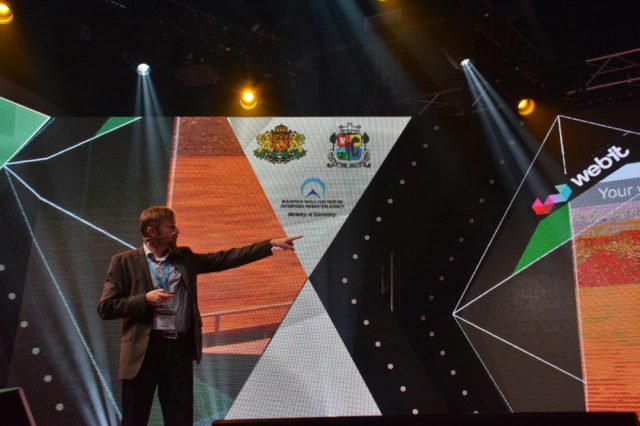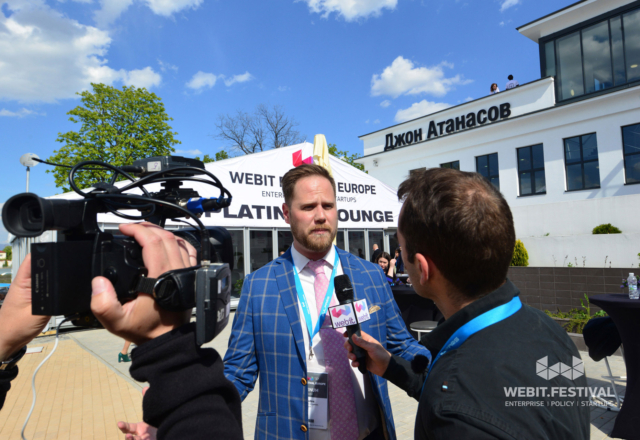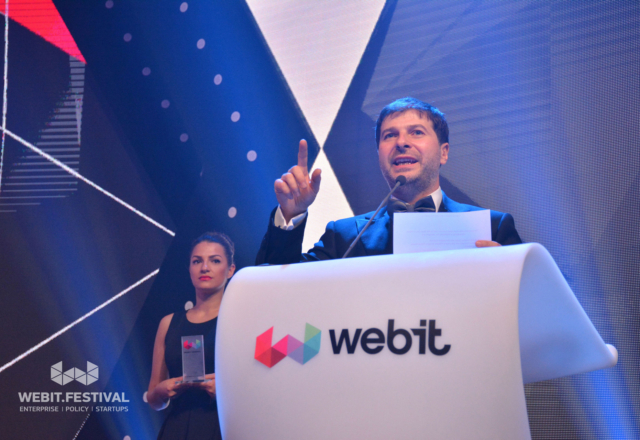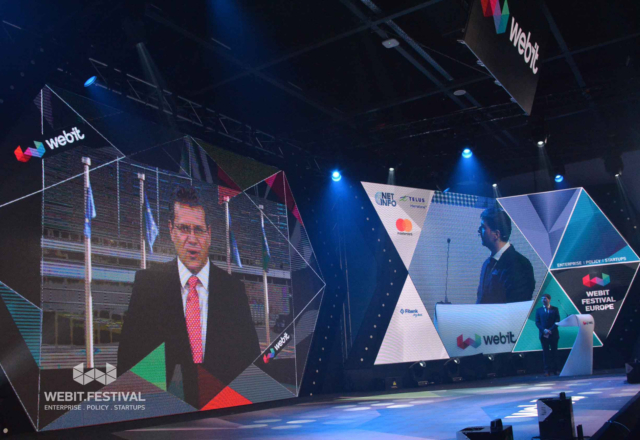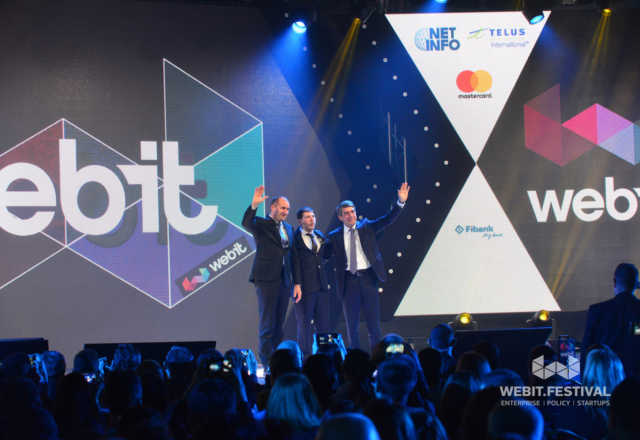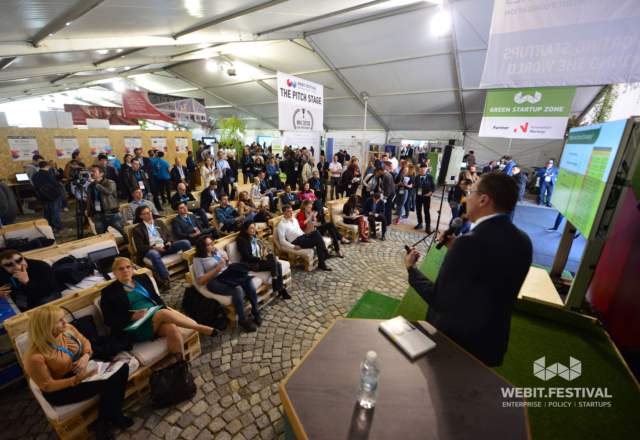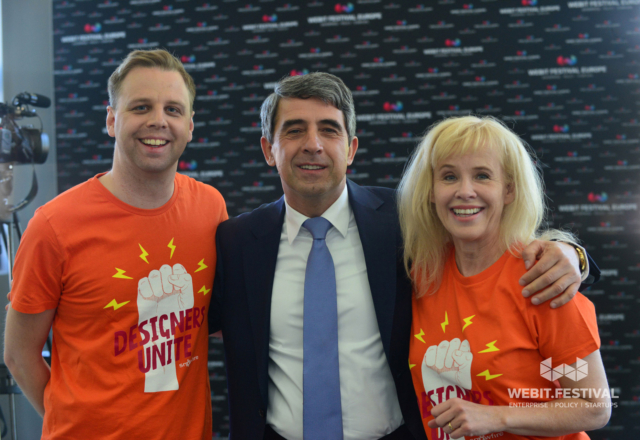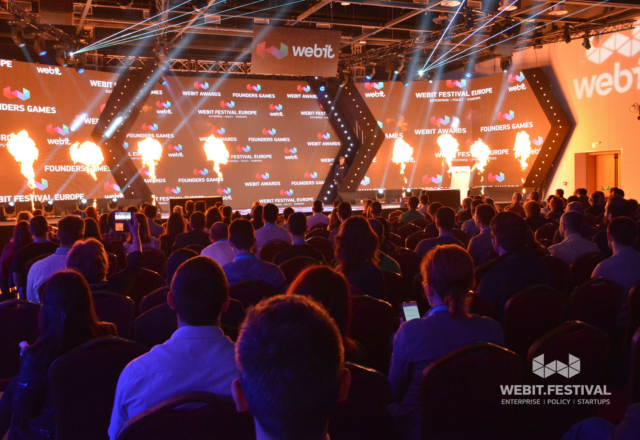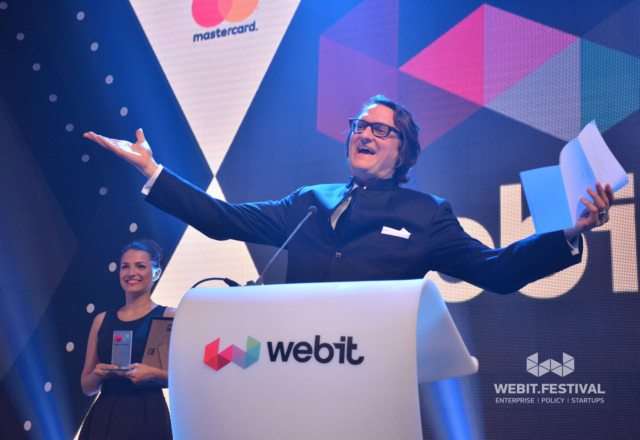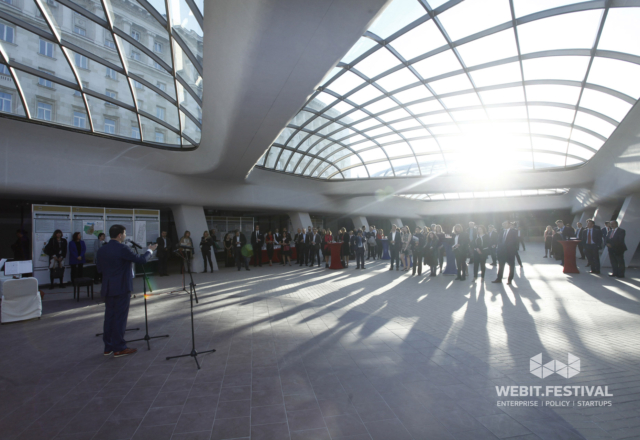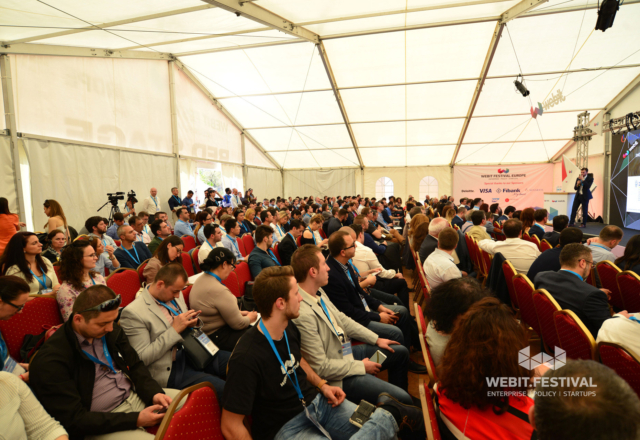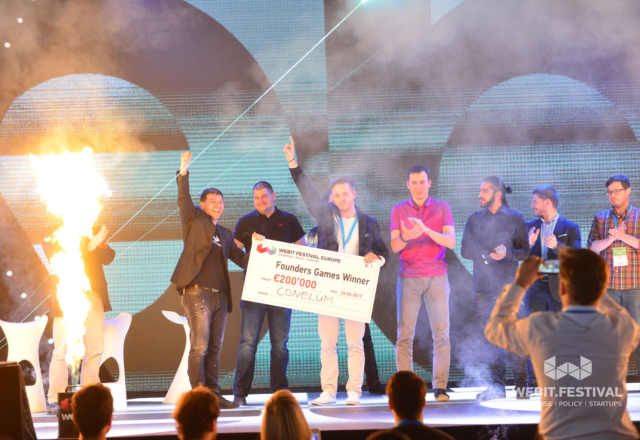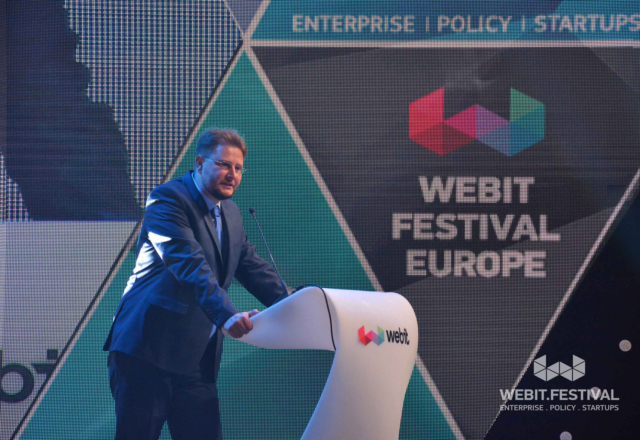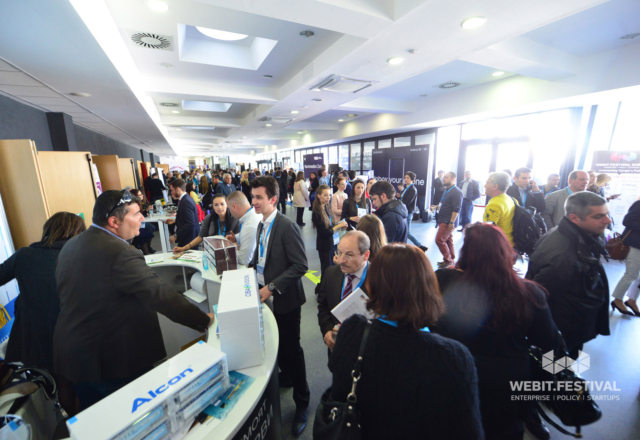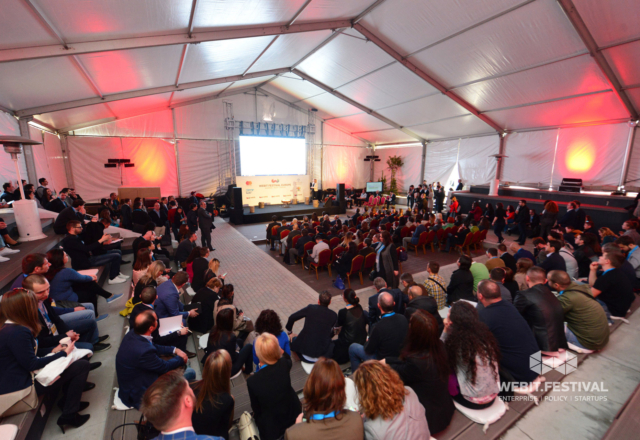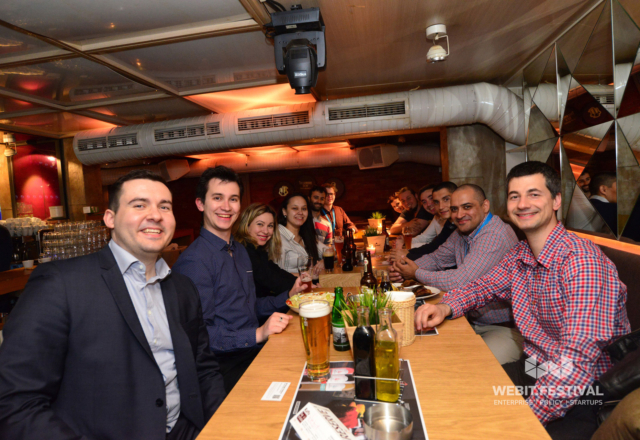When we talk about digital transformation we often think about the tech giants like Google, Facebook and Amazon, which are spreading their online services to billions of people around the world. And while they may be the driver behind this huge process that is changing our daily lives, but the world economy is still hugely dependent on the results of the real world – the one that produces the goods and raw materials that we all need.
During this year’s Webit.Festival Europe the Partner for Europe and Innovation at VCI Roby Stancel spoke about the digital transformation processes in the primary sector, agriculture and mining industries.
Mr. Stancel brings two decades of uniquely broad experience in innovation, and helped create hundreds of products, services, strategies, roadmaps and cultural transformations for clients such as Apple, BMW, Nestle, P&G, or Siemens.
He manages the strategy for the world’s largest technology innovation consortium in mining with 150 partner companies. He created technology roadmaps for mining houses totaling a market cap of $300 bn.
The expert told Webit’s guests that one of the main rules during the development of the so called “design thinking” in Stanford 20 years ago was specifically looking at extreme users and customers because the difference between them and the average consumers is the best inspiration for innovation. That is the reason he tries to look at the digital transformation in the rest of the world, outside of the developed European and North American countries.
“But if I talk about the real world, let’s be clear about one thing. Software doesn’t do the work, real things and real people do. So unless your software is somehow connected to the real world you might have a very difficult time to convince people to do something about it”, he said.
According to him, even if a company is number one in its industry, it can’t keep being successful only by advertising without creating real value because digitalization is going to wipe out many service industries in the next several years.
He thinks that the current tech giant Facebook will disappear if it don’t manage to buy all the companies like WhatsApp that could be dangerous to them, because everyone hates Facebook. The users hate it because they have to view the world not through their eyes, but through a camera lens, helping them to post cool pictures in their feeds. The readers hate it because they sit on their desks and watch how everybody else is having a great time, which of course is an illusion. Companies hate it because they have to be there, so emotionally Facebook owns the world, but it is very loaded with negative value. And it is probably going to be replaced by a new company that offers similar reach but a better experience.
Stancel is sure that the trust problems that many of the services we use today have will ultimately lead to their extinction.
“This is a main point. Innovation happens at the speed of trust, not at the speed of technology. You can dream up the most amazing things if you are able to put together all technology that we have today, but people will need to trust it”, the expert explained.
As an example he pointed out the coming of the email – an event that was supposed to create the paperless office. But in the first years after its adoption, the emails led to an explosion in the amounts of paper used in offices around the world. Only now, a generation later, we actually have paperless offices, as the digital natives come into the workforce. So it is about the trust that people put into something, not in the technology.
Another similar case is Tesla’s autopilot – a service that many people do not consider safe enough. According to Stancel the autonomous driving technology was available in the beginning of the century but just now the automakers think it is appropriate to start rolling it out into the mass production vehicles, because the society may be ready for that kind of change.
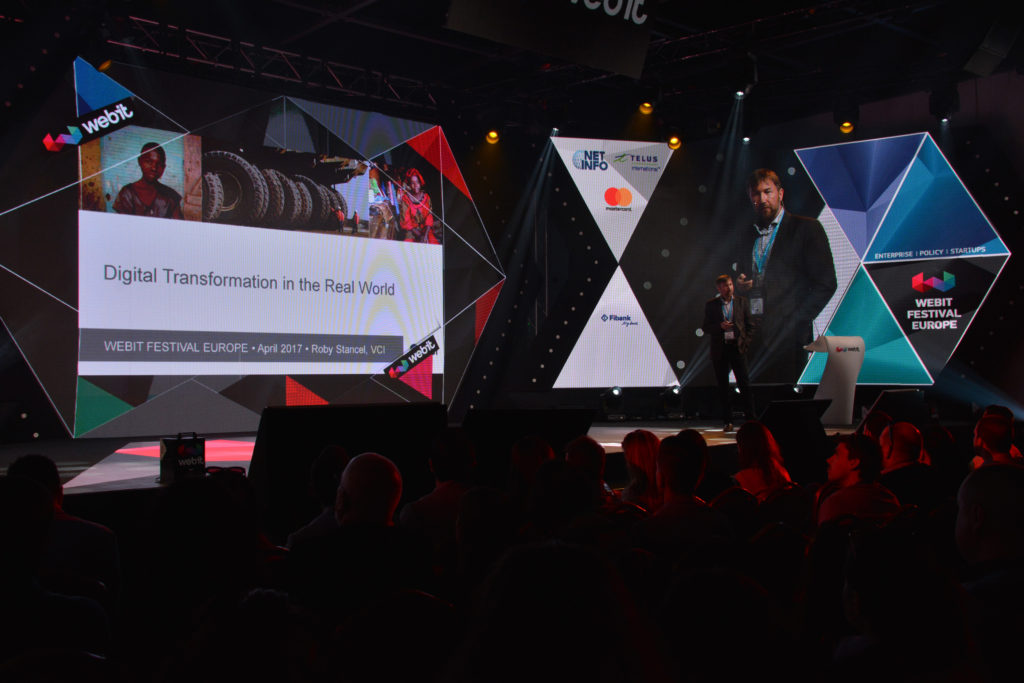
Digitalization will revolutionize many real world industries so it won’t put them out of place. The automotive industry will still build cool cars and people will still want to drive their own vehicles because it means that they have freedom of movement.
But for example many big companies like VW are focusing on different aspects that can give them an added value. The German concern recently announced that it wants to be the best at weather forecasting. That means that every windshield wiper sensor and every traction control sensor in VW cars will tell the company exactly how the weather is in every place on the Earth. So the revolution in these German cars will be the ability to react to rapidly changing weather conditions.
The agriculture industry is also going through this. With a flying drone with infrared camera you can tell where there is enough water on the field and where there is not enough. And so therefore you can irrigate very focused and save a lot of resources. You can have for example the spray of chemicals can be greatly reduced because of this. You can also use weeding robots with optical recognition. They see the plants that we want and the weeds and pulls them up.
“As a matter of fact you can have infrared lasers that kills bugs and imagine if you could replace chemicals and GMO crops with digital technology. And it is happening so I’m with fingers crossed”, he said.
You may watch his full lecture here:
If you want to keep up with the latest trend in the world of digital economy and technology, then Webit.Festival is the right place for you. Visit our website and book 2 of our Super Earlybird tickets for Webit.Festival Europe 2018 for just €100.
Feel the Webit vibe with some of the best photos from this year’s event!
